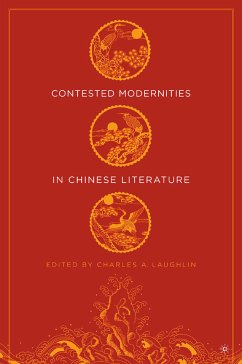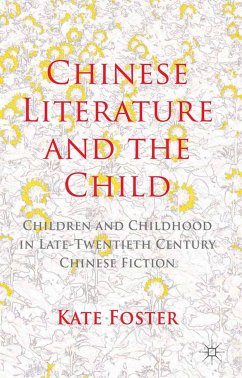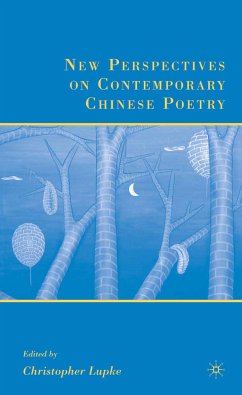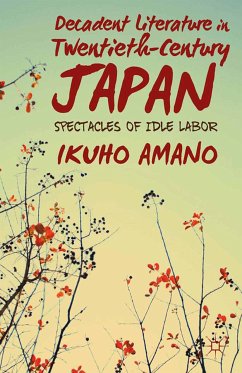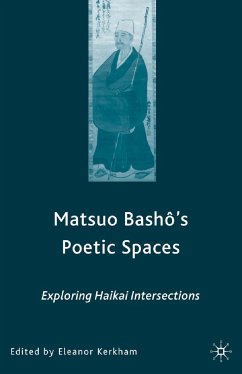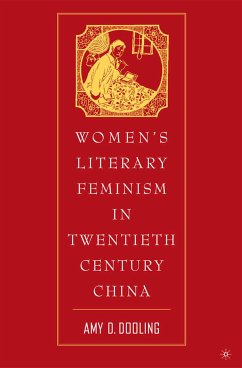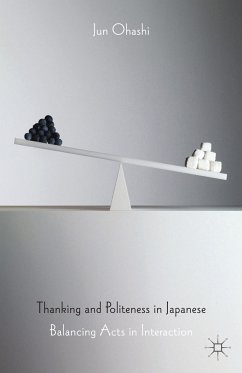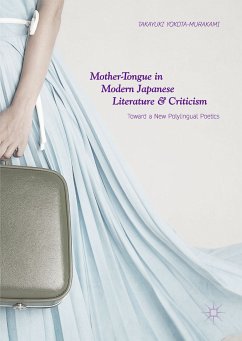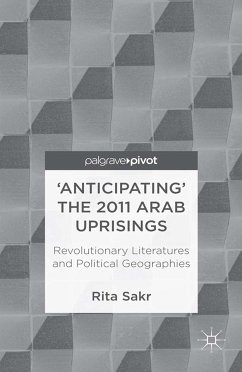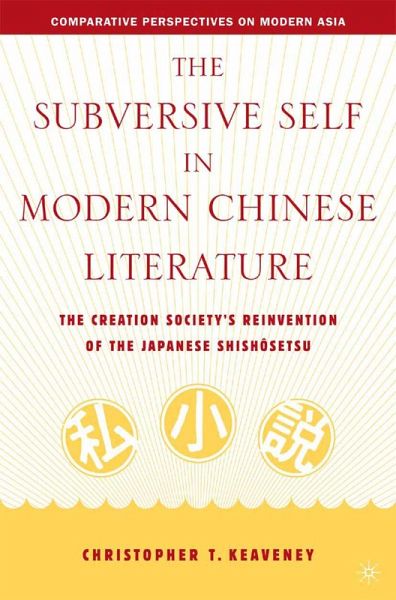
The Subversive Self in Modern Chinese Literature (eBook, PDF)
The Creation Society's Reinvention of the Japanese Shishôsetsu
Versandkostenfrei!
Sofort per Download lieferbar
40,95 €
inkl. MwSt.
Weitere Ausgaben:

PAYBACK Punkte
20 °P sammeln!
An examination of whether Chinese writers of the Creation Society, a Chinese literary coterie, successfully appropriated shishosetsu, a quintessentially Japanese form of autobiographical narrative, into a form to be exploited for their own ends, especially political ends.
Dieser Download kann aus rechtlichen Gründen nur mit Rechnungsadresse in A, B, BG, CY, CZ, D, DK, EW, E, FIN, F, GR, HR, H, IRL, I, LT, L, LR, M, NL, PL, P, R, S, SLO, SK ausgeliefert werden.



